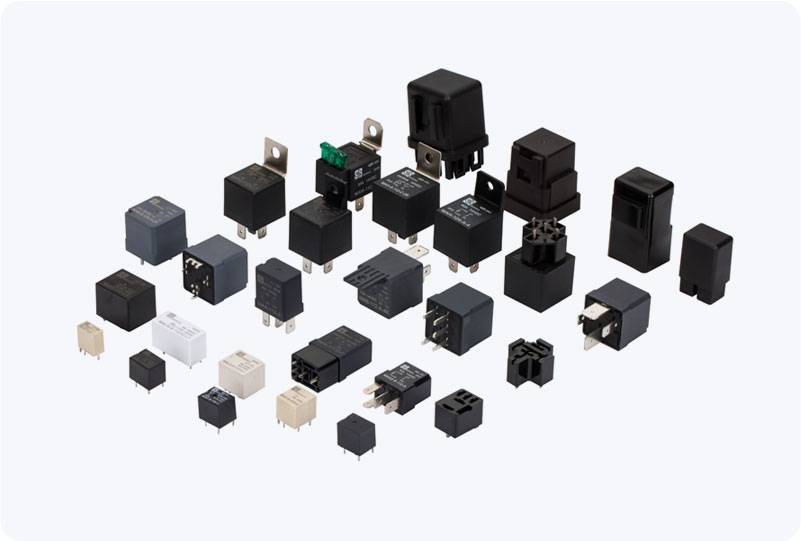Industrial control relays are critical components in the realm of industrial automation and electrical control systems. They serve as the backbone for switching electrical circuits, facilitating the operation of various machinery and equipment. With their ability to control large electrical loads through smaller control signals, they play a vital role in ensuring the efficiency and safety of industrial operations.

What is an Industrial Control Relay? At its core, an industrial control relay is an electromechanical switch that opens and closes circuits electromechanically or electronically. The fundamental operation involves energizing a coil to create a magnetic field, which then actuates the mechanical movement of the relay contacts. This action allows a low-power control signal to control a high-power circuit, making relays indispensable in automated systems. Types of Industrial Control Relays Electromechanical Relays (EMRs): Electromechanical relays are traditional relays that use electromagnetic coils to operate mechanical switches. They are known for their robustness and ability to handle substantial power loads. Typically, they are used in applications where devices must switch on and off, such as motor starters or lighting systems.